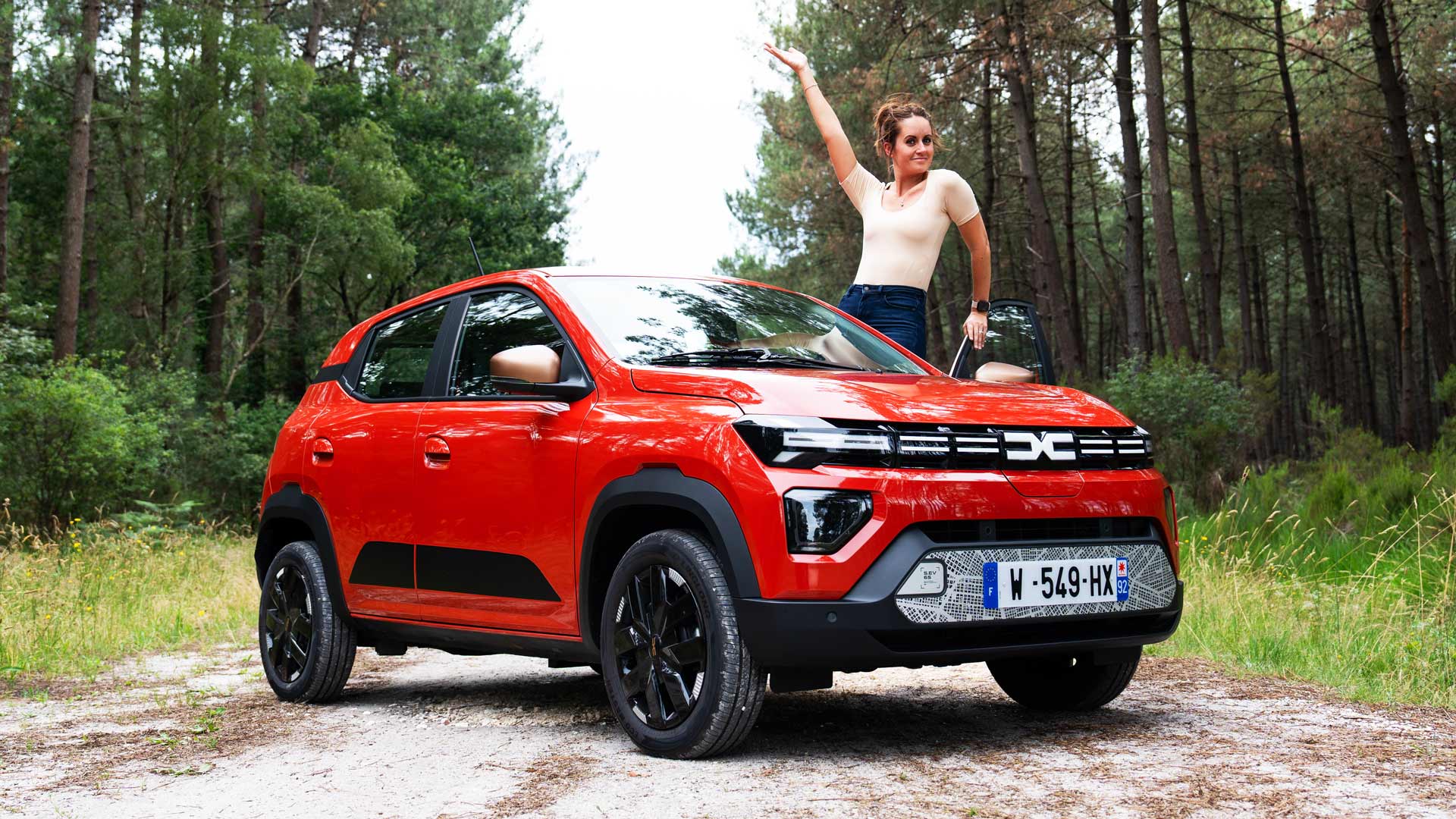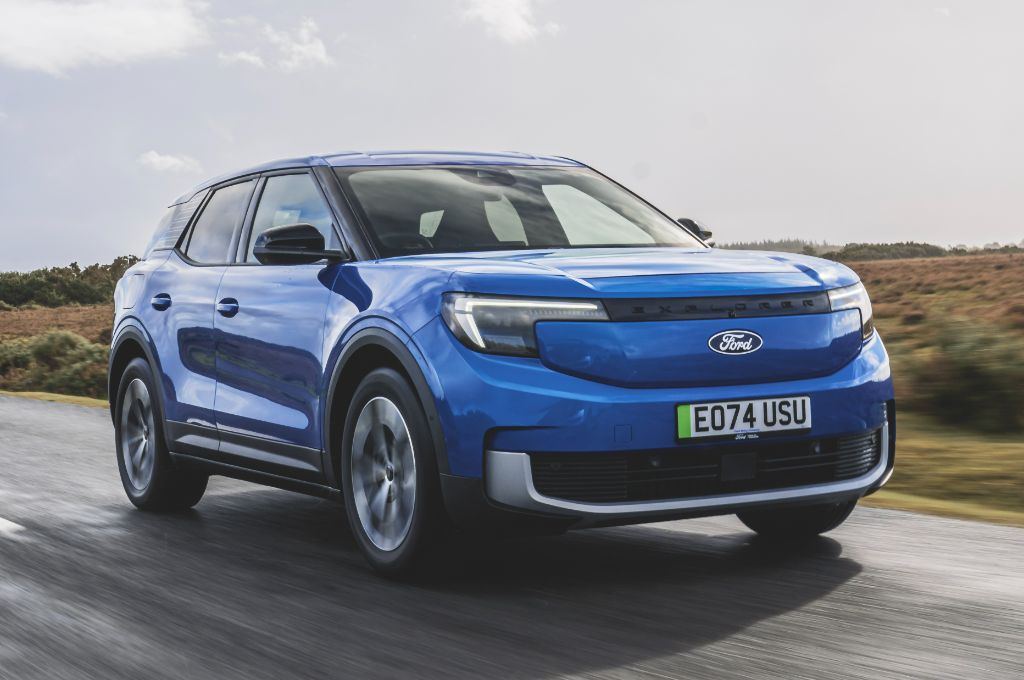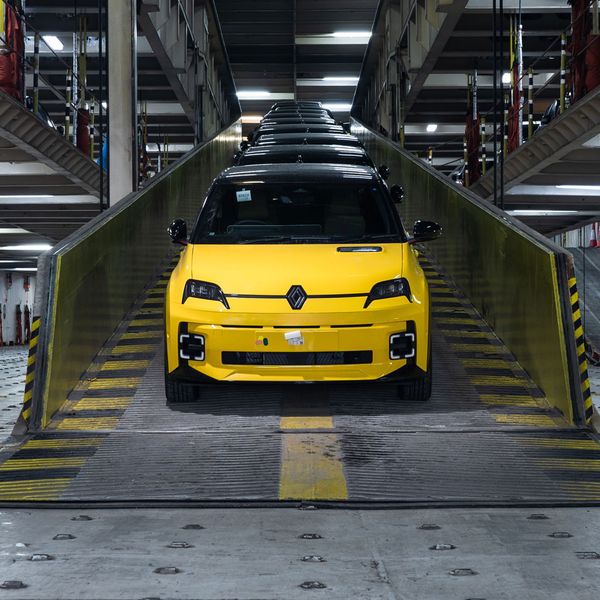You may not have heard of the ZEV mandate, but it could have a significant impact on the price you’ll pay for your next electric car.
Officially known as the Zero Emission Vehicle mandate, the ZEV mandate is a controversial piece of legislation that came into force in the UK this year. Essentially, it sets annual targets for the proportion of new cars sold by manufacturers that must be zero-emission vehicles (primarily electric vehicles, or EVs). The policy is a key component of the UK’s strategy to phase out new petrol and diesel car sales, with a 22% ZEV sales target for 2024, rising to 80% by 2030, and 100% by 2035. Manufacturers who fail to meet these quotas face penalties, but flexibilities such as credit trading and limited borrowing from future targets are allowed in the early years of the mandate to ease the transition.
Recent developments suggest the mandate is having a big impact on the market. Many manufacturers are working to expand their EV offerings, particularly more affordable models, to comply with the rules. For instance, vehicles like the Dacia Spring and Citroën e-C3 have entered the market at price points under £23,000, broadening access to private buyers.

However, there have been calls from some brands for the government to relax the targets, citing concerns over declining global EV demand, production costs and supply chain problems. Large manufacturers such as Stellantis and Nissan have expressed apprehensions about the feasibility of meeting the mandate without adjustments, warning of potential impacts on jobs and investments.
The Government, which inherited the ZEV mandate policy from the previous Conservative regime, has also expressed concerns and has admitted that it is not currently doing the task for which it was designed. Speaking at an SMMT meeting this week, Business Secretary Jonathan Reynolds said: “I’m going to be frank with you. I don’t believe the policies that we have inherited, and I mean specifically in relation to zero emission vehicles, are operating today in a way anyone intended them to. In fact, I am profoundly concerned by how that is working at the moment.” However, he stopped short of suggesting a way forward for struggling manufacturers.
Stellantis, which owns brands including Vauxhall, announced its intention to close its Luton plant earlier this week, a move affecting 1,100 jobs. The plant currently builds electric vans for Vauxhall, Citroen, Peugeot and Fiat. The company partly attributed this decision to the stringent requirements imposed by the UK’s Zero Emission Vehicle (ZEV) mandate.
Industry body the Society of Motor Manufacturers and Traders (SMMT) echoed these concerns, urging immediate government action. It warned that lagging electric vehicle demand combined with mandatory sales quotas could risk the viability of businesses and lead to significant job losses.
Ford has also joined calls for increased government support, particularly in stimulating consumer demand. The company recently confirmed it will cut 800 UK jobs over the next three years. Lisa Brankin, Ford UK’s chair, suggested that it was time to reintroduce grants to make electric cars more appealing to buyers.”Without demand, the mandate just doesn’t work.” She highlighted Ford’s £350m investment in UK electric car production and stressed the importance of ensuring the policy’s success.

What is likely to happen?
In response to concerns from the car industry, the government is understood to be considering potential adjustments to the mandate. One proposal includes introducing greater flexibility, such as allowing manufacturers to borrow compliance credits from future years or temporarily replacing penalties with a monitoring phase. This approach is seen as a way to balance the ambitious targets with market realities while avoiding undue financial strain on manufacturers, who are already seeing reduced profits on electric cars.
Who are the winners and losers?
UK registrations figures released after the first half of the year suggested that some big names were facing a tough end to the year. While the likes of BMW and Mercedes were on track to meet the 22% target, Renault and Ford were lagging at just 5% and 4% respectively. Even the Volkswagen Group, which has one of the broadest ranges of BEV models, was running at just 11% by the mid-way point of the year.
Is now the right time to buy?
Historically, December sees a surge in EV discounts as manufacturers push to meet year-end targets. With ZEV mandates adding compliance pressure, prices could get even lower towards the end of the year. We’ve already seen the likes of Renault and Stellantis make substantial price cuts this year and offer some highly competitive finance packages for private buyers.













